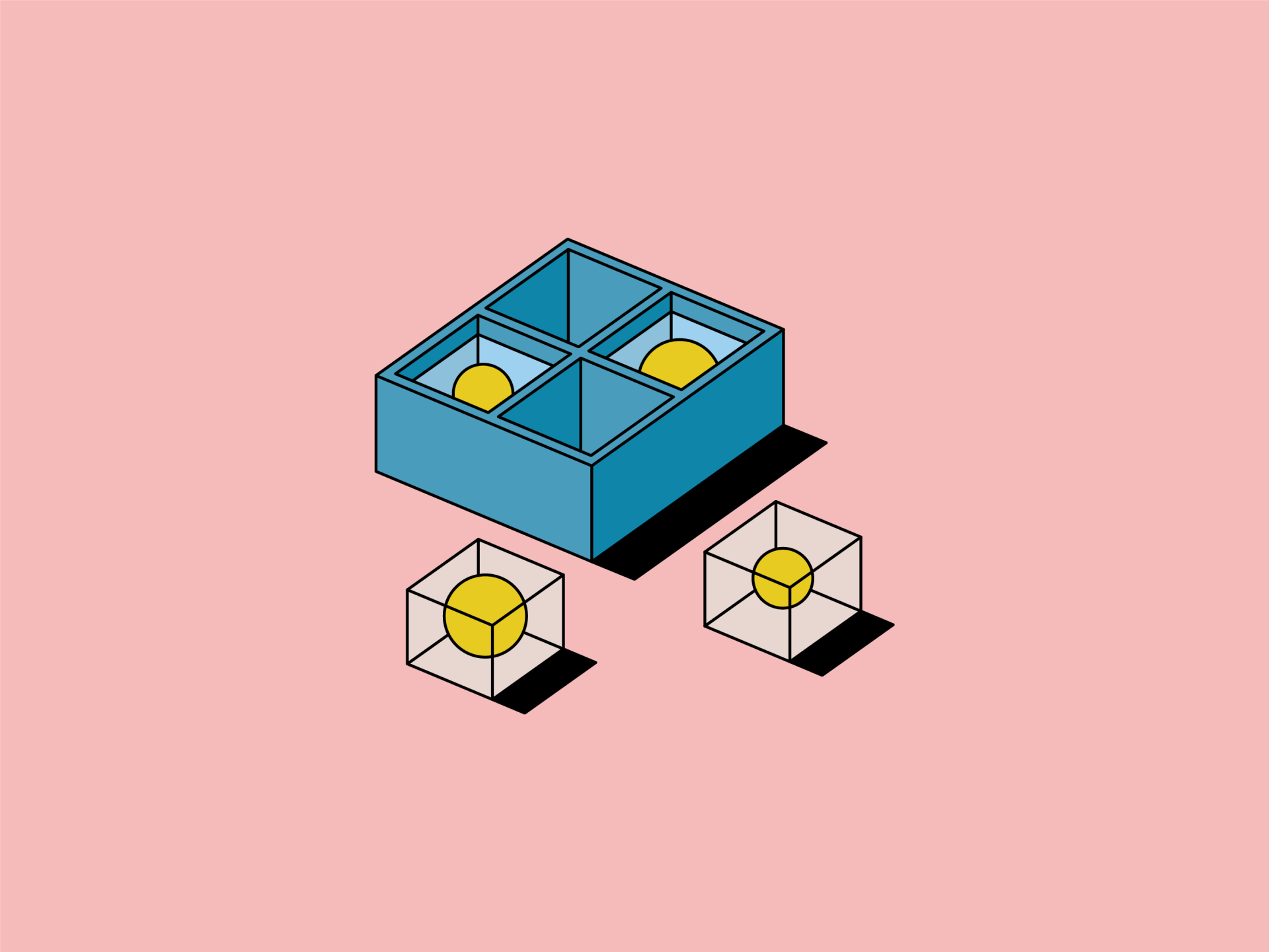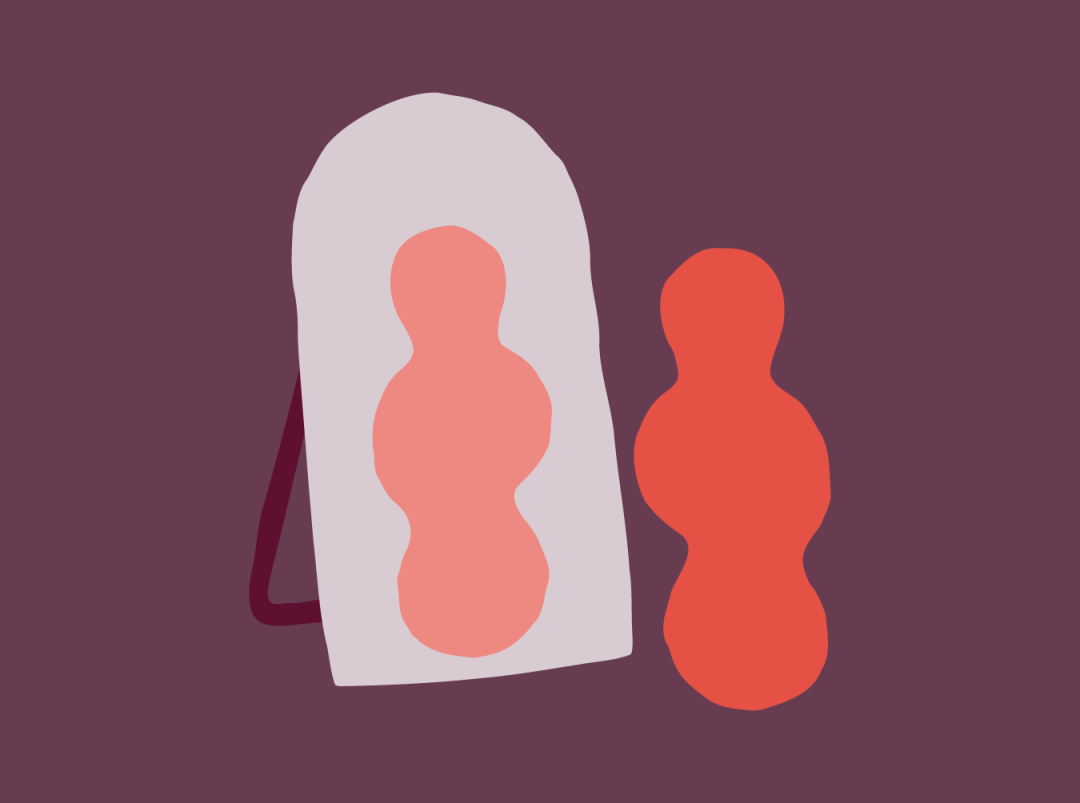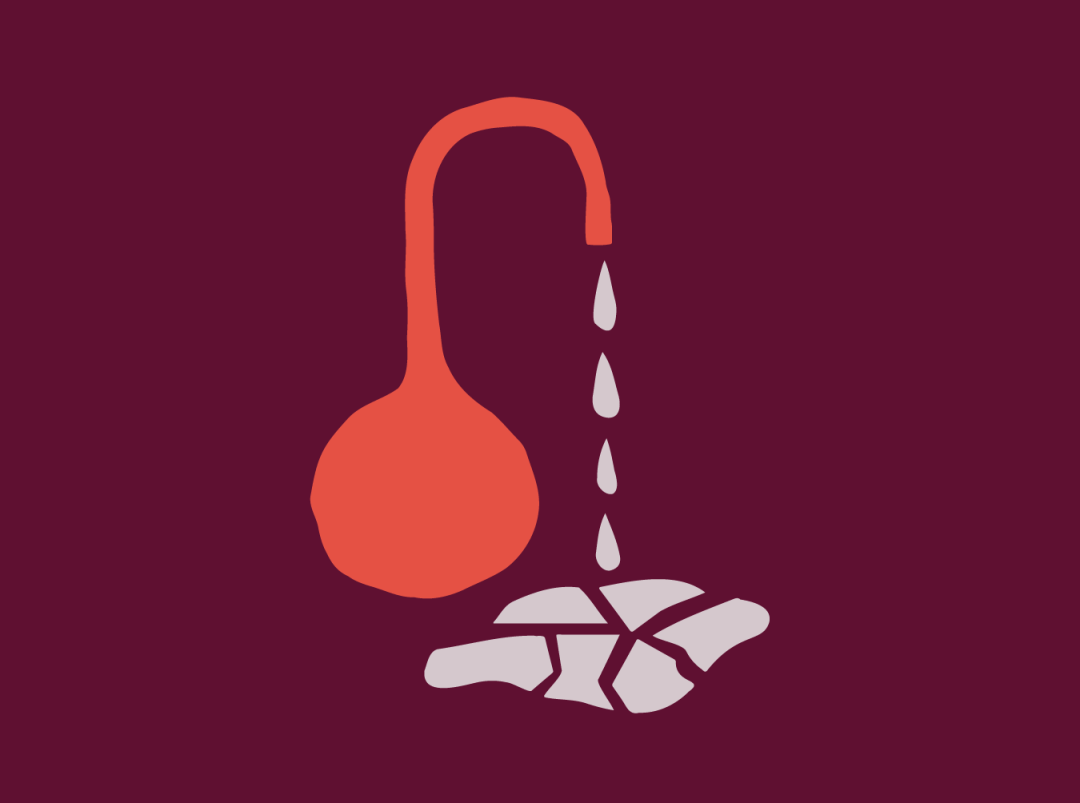#interview
A Beginner's Guide to Freezing Your Eggs
health
·5 min read

by Toni Brannagan | 03/13/2019
For many proud owners of a uterus, fertility can be a complicated issue.
Making the choice to bring a literal human into the world (now or later) is a big deal, and the uncertainty of what’s going on down there with your fertility can most definitely influence such an important decision. That’s why having the option to freeze your eggs, if it’s accessible to you, is groundbreaking.
Learning about the world of fertility—both what’s going on in your bod and what’s possible with modern medicine—can empower you to make the best decisions for *you* and any future fam you might be planning.
Our resident period specialist, Dani Berkowitz (you should recognize her from our IG!), sat down with our VP of PR and Community, CJ Frogozo, and her doctors from CCRM Fertility, Dr. Talebian and Dr. Knopman. They walk us through CJ’s fertility journey, and answer some Qs you submitted about freezing your eggs and fertility:
Dani: So CJ, what shaped this decision for you? And why now?
CJ: Well, “Why now?” was actually pretty absolute. And that reason was, I had an OB-GYN who said, “You kinda do it now, or you do it never.” That snowballed into a bunch of questions I had for the two doctors we have here today.
Full disclosure, I’m 38 years old, and I’ll be 39 in four months. I just felt like, now is the time. It doesn’t get easier, and I’m not getting any younger — Happy 39th Birthday to myself!
I actually haven’t made a decision, but the option to have children was really important to me. If two years from now, I decide I want to have kids and it’s not happening the old fashioned way, I now have these other options that sort of prolong my fertility.
Dani: Did going through this process debunk any myths you believed about freezing your eggs?
CJ: I had a whole variety of questions including: How old is too old? Like, is 38 even too old? Is there a cliff — literally, at 40, do you just fall off a cliff of non-fertility?
Dr. Knopman: It’s funny that you use the analogy of the cliff, because I always use the analogy of skiing. Like when your ovarian reserve or your egg quantity goes from green, to blue, to black. And you’re right, 40 is sort of “the black” for most of us, but I don’t know if you’re ever *too old* as long as you’re still menstruating. I think freezing your eggs today is always better than tomorrow, or three years down the road.
CJ: I had been thinking about it, in fact, for five years. I made every possible excuse to *not* do it. Money. I’m a cancer survivor. I’m too old, I’m too young, I’m not in the right place — and finally, I just had to do it.
A lot of people will say it’s much better to freeze an embryo than an egg. So then, I went into a panic. I’m telling my partner, of not that long, “I need your sperm!” And you guys helped alleviate that.
Dr. Talebian: When women come in to talk about fertility, I don’t actually know how fertile they are if they’ve never tried to get pregnant. The only way to really know your egg quality is, okay, have you been having unprotected intercourse and getting pregnant, or not? Or, what happens to your eggs in an IVF lab when you expose them to sperm? Do they fertilize? Do they grow well? Do they make good quality, good-looking embryos, and then if you chromosomally test them, are they healthy
So, this question—how old is too old?— is really tough. All we can tell you is that your prognosis is best determined based on your age, and based on population studies. Our science is still far behind in terms of looking at each individual woman, and looking at her specific genetics, her exact egg number, her exact quality. Blood tests and ultrasounds can give us a general idea, but there is no magic test that says “Yes, your eggs are good, no they’re not,” or “Yes, you’re fertile, or no, you’re not.”
When you freeze an embryo, it just gives you a lot more information. When you freeze eggs alone, you know you have these 38-year-old eggs that are frozen, but you don’t know the quality.
Dani: Why do people freeze their eggs in the first place?
Dr. Knopman: Women are born with all the eggs we’re ever going to have. We’re never going to make new eggs, unlike men who make new sperm every 70 days. Most of us are born with one to two million eggs, and by the time we get our first period, we’re down to about 350,000 to 400,000. Nobody scientifically can figure out how you lose all those eggs before you can even get pregnant, but that’s what happens. From your first period to your last period, you’re constantly losing eggs, and the quality of those eggs as you get towards the end of your reproductive life is lower.
Before we had egg freezing, if a woman was uncertain about having a child, or waiting, we really didn’t have any options. Now, we have the ability to say, wait a second, we’re gonna take a subset of eggs at the age that you are today—we call it a cohort—and freeze them for the future.
Dani: When women talk about fertility, it’s typically because they found out they’re not fertile *enough* or they’re worried about not being able to get pregnant. It seems like a surprise—an awful surprise—when you find out you can’t get pregnant naturally. How would you know, even before going to a fertility specialist?
Dr. Talebian: You don’t, and you’ll never really know until you actually try to fertilize those eggs. There are certain things you can do to educate and empower yourself. Know your family history — ask your mom, your aunts, your sisters, your cousins, and if there’s any history of early menopause or fertility struggles, you may want to bring that up to your gynecologist or meet with a fertility doctor.
There’s some information we can get through blood testing and ultrasounds to understand what’s going on with your ovarian reserve, but a lot of it just goes back to age, and knowing the biology. After 35 things start to decline, and then again after 38, and then after 40. Yes, in theory your eggs are best in your 20s, but we also don’t want to invoke fear. We want to be really mindful of that.
Dani: When can you no longer use frozen eggs? Is there an expiration, a shelf life
Dr. Knopman: I always say you will expire before your eggs do. Once your eggs are frozen, when they’re submerged in liquid nitrogen, they can stay as long as you want them to — it’s not the same as having a chicken in the freezer that keeps for X amount of time.
When patients come in to talk about egg freezing, I tell them *you* set a cut-off point for yourself. “Self, if I’m 45 and haven’t found the right person, I’m gonna come back and use those eggs.”
The American Society of Reproductive Medicine, doesn’t advocate women becoming pregnant above the age of 55, so we would not recommend transferring embryos past that age. But your uterus is sort of magical in a way — so I do think you should set your own point in your head.
This interview has been edited and condensed for clarity. Check out the full video on IGTV!
Do you have any other questions about egg freezing or fertility? Ask more in the comments!
Toni Brannagan is a writer and was the former Copy and Content Manager at Thinx.
by Toni Brannagan


